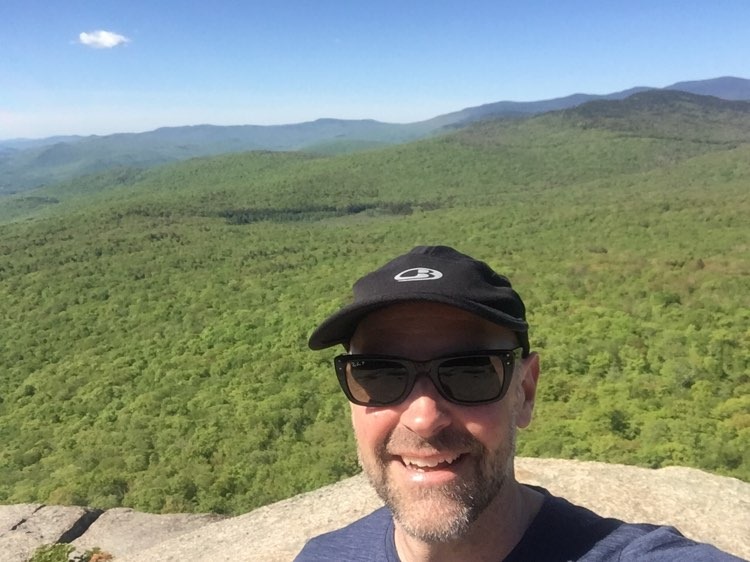Two Nova Scotia families are sharing their firsthand experiences with the novel coronavirus.

While both families have members who have tested positive for the virus, their experiences have been very different.
Halifax family recovers from COVID-19
Shawn Selfridge, along with his wife and children, tested positive for the novel coronavirus earlier this month.
The Halifax family had travelled to the United States, where they were staying in a family-owned cabin. They were briefly visited by two American family members.
When Canadian travel restrictions began tightening, Selfridge says the family decided to journey back to home soil.
En route, Selfridge says he began experiencing mild flu symptoms but didn’t have a fever.
Shortly after arriving back in Canada, they learned one of the American family members who had visited them had tested positive for COVID-19.
He and his family proceeded to get tested and were all confirmed to have the virus.
“I was actually relieved to find out that I had it because I just wanted to get it over with,” he said. “I found the people that I was in contact with in Capital Health, public health, very caring.
“I was just really impressed with the way that everything was dealt with.”
He says his children didn’t demonstrate any symptoms throughout their quarantine. His wife reported having a diminished sense of smell, which impacted her taste of food.
Selfridge says he and his family members have since recovered from the virus after completing a 14-day quarantine that involved daily check-ins from public health.

Get weekly health news
Now that they have recovered from the virus, Selfridge says they are following public health recommendations that all other Nova Scotians have been mandated to adhere to.
Father in an induced coma
For nearly two weeks, Kelly Marshall’s father, Rick, has been sedated and receiving round-the-clock care in an intensive care unit.
Marshall hasn’t been able to see her father since he was rushed to hospital by ambulance after he couldn’t catch his breath.
“We haven’t been able to see him or talk to him since,” Marshall said from her home in Stellarton, N.S.
“So that’s been really hard — you just want to be there for them and you can’t be,”
Marshall said her father had been travelling earlier in the month but two weeks had passed and he wasn’t exhibiting any symptoms.
Shortly after, his health began to deteriorate.
“Literally, it all started off with like a cold. Then it was his breathing — his breathing got really bad,” she said.
He ended up going into respiratory failure and Marshall says he was put into an induced coma to help facilitate his recovery.
“To allow him to get the rest. He was in respiratory failure so he could no longer breathe on his own and he needed to build his strength up,” Marshall said.
Marshall says her father is 69 years old and describes him as being “fit as a fiddle” before he ended up in the ICU after contracting the virus.
Proof, she says, that everyone is vulnerable to the potentially devastating impact COVID-19 can have.
She’s urging people to adhere to public health guidelines and to take physical distancing seriously.
“Please self-distance. It’s for a short period of time, it can save lives and keep your loved ones safe.”







Comments